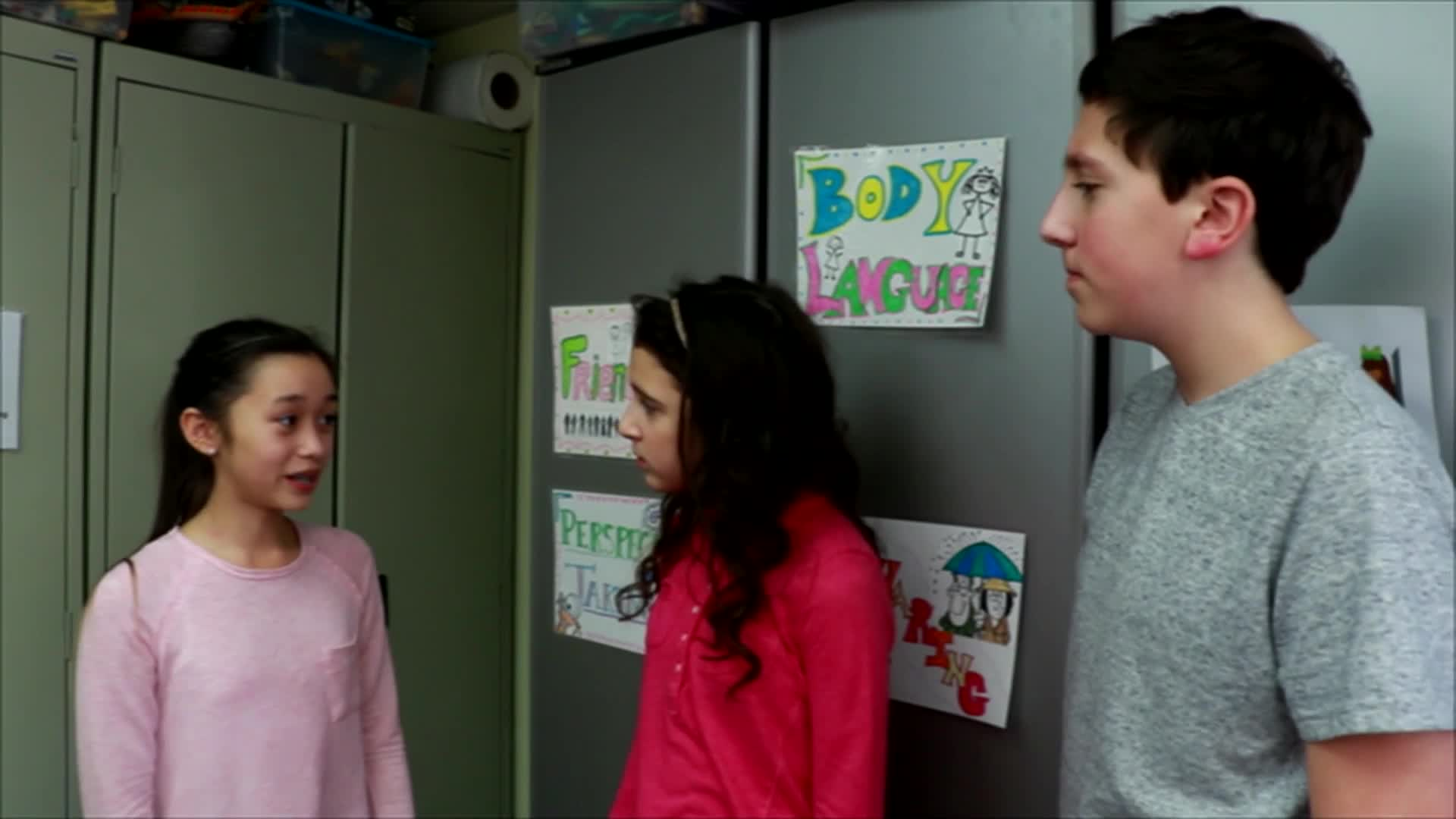Introduction
Effective communication is a crucial skill that students need to develop as they grow. One important aspect of communication is knowing how to politely interrupt a conversation when necessary. This blog post will discuss strategies for teaching students how to interrupt with respect, using an activity that requires no preparation, followed by discussion questions, related skills, and suggestions for next steps.
No-Prep Activity
This no-prep activity, called “Polite Interruption Role-Play,” helps students practice the skill of politely interrupting a conversation. Follow these simple steps:
- Divide students into small groups of 3-4.
- Assign one student in each group to be the “interrupter.”
- Have the other students in the group engage in a conversation on a given topic, such as a recent school event or a favorite movie.
- After a minute or two, instruct the “interrupter” to politely interrupt the conversation by following these steps:
- Approach the group and stand nearby.
- Say “sorry” or apologize.
- Explain the reason for the interruption.
- Allow the group to continue the conversation, and then have the students switch roles and repeat the process.
This activity gives students the opportunity to practice the skill of polite interruption in a controlled and supportive environment. Encourage them to use the steps provided and offer feedback on their performance.
Discussion Questions
After completing the activity, engage students in a discussion about their experience. Use the following questions to stimulate conversation:
- How did it feel to interrupt the conversation? How did it feel to be interrupted?
- Why is it important to be polite when interrupting a conversation?
- Can you think of any situations where it might be necessary to interrupt a conversation? What would you say in those situations?
- How can we show respect for other people’s feelings when we need to interrupt?
- What other strategies can we use to communicate effectively with others?
Related Skills
Besides teaching polite interruptions, there are other related social-emotional learning skills that can help students become effective communicators. Some of these skills include:
- Active listening: Encouraging students to pay attention and respond thoughtfully to what others are saying.
- Empathy: Teaching students to put themselves in others’ shoes and understand their feelings.
- Assertiveness: Guiding students to express their opinions and needs respectfully and confidently.
- Conflict resolution: Helping students learn how to resolve disagreements in a constructive and peaceful manner.
- Body language: Showing students how to use nonverbal cues such as eye contact, facial expressions, and gestures to convey their message.
Next Steps
Now that you have explored strategies for teaching polite interruptions, consider incorporating these techniques into your classroom. To access more resources and activities for teaching social-emotional learning skills, sign up for free sample materials from Everyday Speech. These resources will help you create a supportive and inclusive learning environment where students can develop the necessary skills for effective communication and emotional growth.






